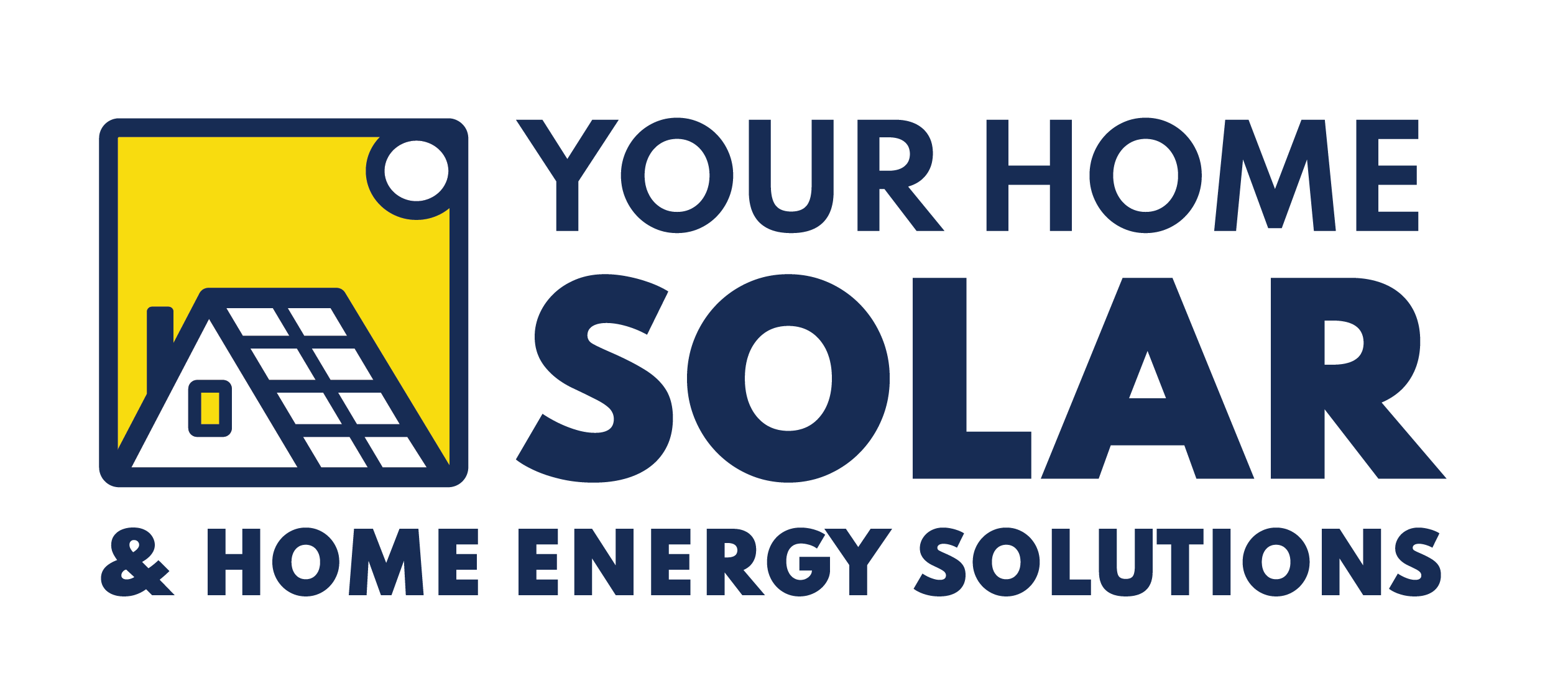As communities across East Tennessee strive for cleaner air and healthier environments, the role of solar energy in promoting public health cannot be overstated. In this blog post, we'll explore how solar energy contributes to cleaner air and fosters better health outcomes for residents in East Tennessee communities.
Understanding the Health Impacts of Air Pollution:Air pollution, particularly from the burning of fossil fuels, poses significant risks to public health. Fine particulate matter (PM2.5), nitrogen oxides (NOx), sulfur dioxide (SO2), and volatile organic compounds (VOCs) emitted from vehicles, power plants, and industrial sources can exacerbate respiratory conditions, trigger cardiovascular problems, and increase the risk of premature death.
The Benefits of Solar Energy for Air Quality:Solar energy offers a clean and renewable alternative to traditional fossil fuel-based energy sources. By harnessing sunlight to generate electricity, solar power produces zero emissions of harmful pollutants like particulate matter, sulfur dioxide, and nitrogen oxides. As a result, transitioning to solar energy helps reduce air pollution and improve air quality in East Tennessee communities.
Promoting Respiratory Health and Well-being:Improving air quality through solar energy adoption has direct benefits for respiratory health and overall well-being. Cleaner air reduces the risk of respiratory ailments such as asthma, chronic obstructive pulmonary disease (COPD), and bronchitis, leading to fewer hospitalizations, emergency room visits, and missed days of work or school.
Addressing Environmental Justice and Equity:Low-income communities and communities of color often bear a disproportionate burden of air pollution and its associated health impacts. By prioritizing solar energy deployment in these communities, policymakers, advocates, and stakeholders can address environmental justice concerns, promote equitable access to clean energy, and improve health outcomes for vulnerable populations.
Empowering Communities Through Solar Solutions:Community-led solar initiatives, such as rooftop solar installations, community solar projects, and solar-powered public facilities, empower residents to take control of their energy future while promoting local economic development and resilience. By investing in solar energy infrastructure, communities in East Tennessee can simultaneously reduce pollution, create jobs, and improve public health.
Conclusion: A Brighter, Healthier Future with Solar Energy:As East Tennessee communities confront the challenges of air pollution and climate change, solar energy emerges as a powerful tool for promoting cleaner air and better health outcomes. By embracing solar solutions and prioritizing public health, residents, policymakers, and stakeholders can work together to create a brighter, healthier future for all.

